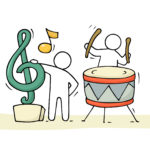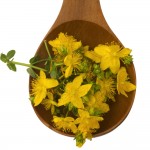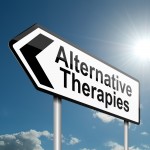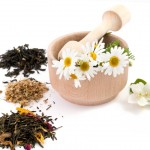
Aster Daniel summarises a recent study exploring post-traumatic growth after MDMA-assisted psychotherapy for PTSD (post-traumatic stress disorder).
[read the full story...]
Aster Daniel summarises a recent study exploring post-traumatic growth after MDMA-assisted psychotherapy for PTSD (post-traumatic stress disorder).
[read the full story...]
Una Foye highlights a small qualitative study that explores the benefits of establishing music groups on acute mental health inpatient wards. She reflects on the boredom felt by many inpatients and the importance of social connection and a positive ward atmosphere that may indirectly improve recovery and mental well-being.
[read the full story...]
The #CAMSTRAND2018 delegates blog about a recent systematic review of mind-body therapies for Military Veterans with PTSD (Post-Traumatic Stress Disorder).
[read the full story...]
Carmine Pariante, Hannah Lamdin and Laura Godfrey-Isaacs mark Maternal Mental Health Matters Awareness Week with a blog about the Maternal Journal workshops and events they run, to support pregnant women with a history of mental health problems.
[read the full story...]
Can we encourage patients to continue taking complementary and alternative (CAM) treatments for antenatal depression or should we be firmly discouraging them from doing so? We already know from surveys that 11% of primary care patients with anxiety and depression are taking complementary or alternative therapies, which is around the same proportion of people who [read the full story…]

Herbal medicines often represent a cheaper alternative, or a low-cost complement, to standard pharmacotherapy. As a result, improved cost-effectiveness is often touted as a likely benefit of the use of complementary and alternative medicine (CAM). Many, myself included, have been openly critical of CAM research, while others have suggested ways in which CAM research could [read the full story…]

Complementary and alternative medicine (CAM) therapies are often perceived to be as effective as conventional treatments, more “natural”, less expensive, have fewer side-effects and are easily available without a prescription. But do these perceptions match up with the reality? Can CAM therapies be helpful additions to conventional treatments? This alludes to an interesting sociological question [read the full story…]

More people are seeking alternatives to traditional mental health care and as a result, knowledge about the use of complementary therapies by people with mental illness is increasing – particularly for those experiencing anxiety and depression. A recent survey of women with depression revealed that there is a push for more “natural approaches” that match [read the full story…]